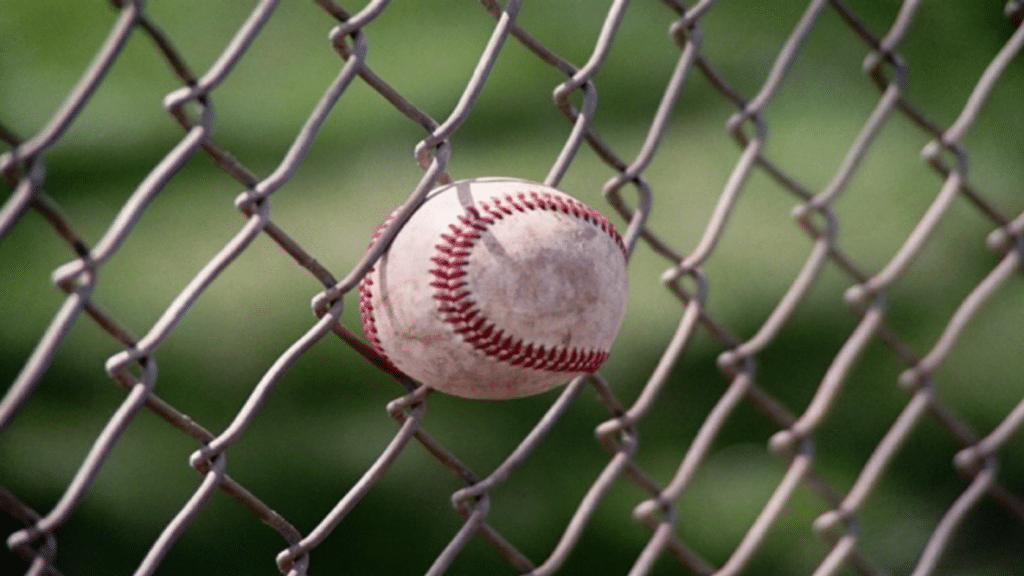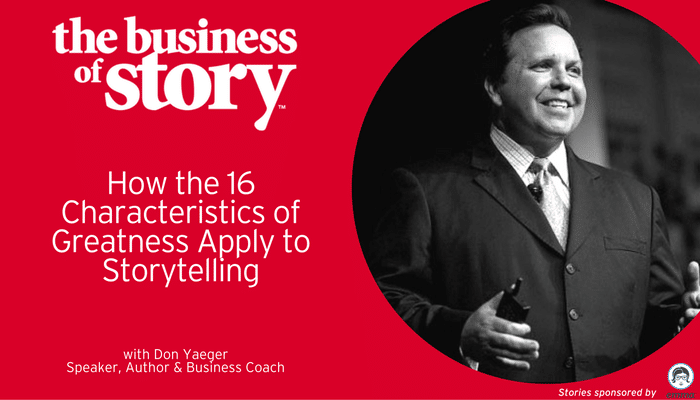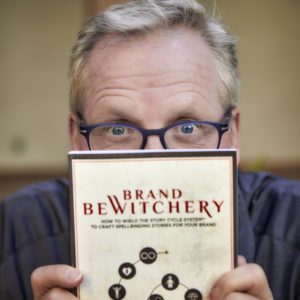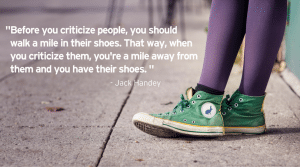He’s written 25 books, nine of them New York Times best sellers, about some of the top sports superstars and coaches of our time. Don Yaeger knows a thing or two about what it takes to be great at anything.
We’re fortunate to have Don share his story insights on this week’s episode of Business of Story podcast.
Win the day: learning a valuable business lesson from the little league dugout
I was not much of a baseball player as a kid. I could catch flyballs pretty well. But was kind of slow. I couldn’t hit a curve ball. Fast ball. Or change up. And I usually bunted off my middle finger cultivating blueberries on my digits.
Like most boys, I played on a lot of different teams. We even won the Maywood Hills Little League Championsip on the Fourth of July at Pop Keeney field in Bothell, Washington, when I was in the sixth grade.
The next year I was moved from the minors to the majors on a team sponsored by Harm’s Paving. We weren’t called the Indians. Or the Yankees. Or the Cardinals. We were just “Harm’s Paving.” I pictured our mascot as one of those sullied guys splattered with tar leaning on a shovel smoking a cigarette up to his ankles in asphalt, who stares you down as you ride by in slow motion in your mom’s stationwagon with eyes that say, “If you’re not careful, sonny, you’re going to be working the ass end of a fire breathing monster just like me one day.”
Even though I was on the Harm’s Paving squad, I was never really on the field much. Mostly on the pine. No, that’s too romantic. I rode the plywood.
One game started like all of the rest. Nine of us took the field. There were 10 on the team. That left me and our head coach, Fred Vote, in the dugout.
Coach Vote never said much. Screamed a lot. He was a hard working paving contractor by day, and did his civic best to coach us boys on those long Pacific Northwest summer afternoons and evenings.

I was holding down the third base dugout. Well, dog run, really. No fox hole from which to emerge to do battle. No roof. Just chained link fencing that impounded our bats, helmets, ball bags and dreams.
Parents, girlfriends and crushes sat right behind us in the bleachers. It felt like they gazed down on me with pity. I was the pathetic kid who couldn’t break into the line up for Harm’s Paving.
I was tired of riding plywood and feeling humiliated like the pooch that just wasn’t good enough. I knew there had to be a victory for me in this situation somewhere.
The fifth inning began like the thirty before it. Everyone took the field but me and Coach Vote. I was sitting next to him, palms flat on the bench under my thighs with my legs casually swinging, cleats raking two shallow ditches in the dirt. Coach Vote grabbed his tar splattered thermos and poured hot coffee into the silver lid cup.
Behind me, siblings were whining to go home. Parents were buying them off with cokes and licorice from the concession stand. Girlfriends cooed. A dog fight broke out.
When you ride the bench, you notice everything. Especially the crush who isn’t noticing you.
I looked down, and Coach Vote’s industrial key chain caught my fancy. He had a pound of keys hanging off his belt loop like minnows attached to a fishing string. Curiously, at the end of the conglomeration was a metal clip to attach even more shit to his waist.
Separating me and coach on the bench was a dirty white bag filled with a couple dozen baseballs. Without really thinking, I reached down and clipped the ball bag to his key chain, and then slyly slid to the other end of the dugout, you know, to get out of Harm’s Paving way.
Not 30 seconds later there was a crack of the bat. Our rival sent a grounder screaming just in front of us down the third base line. Coach Vote instinctively lept to his feet. Halfway up he felt a tug on his left side. The ball bag had found its purchase. His right hand, gripping his thermos coffee cup, kept going up, and then over. He was doused with what I figured was a familiar sensation to him of black liquid splashing across his shoulder and down his chest.
The attention in the bleachers went from the play on the field to the commotion in the dugout. Even our shortstop, Paul Herrick, the best athelete among us, who never knew the loneliness of the bench, watched the action unfold between me and Coach Vote as our third baseman made the play to first.
Coach Vote stood there for a moment in frozen relief — and disbelief — as he sized up the situation. He looked down at the ball bag leashed to his side, and then over to me sitting casually in the far corner of the dog run.
He put it together in an instant.
Flashing across his face was that same stare I got from so many pavers as if to say, “Boy, you’re going to come to no good and wind up just like me if you’re not careful.”
The crowd gasped and laughed. Then a slow smile emerged on Coach Vote’s face. It wasn’t what I had expected. Come to think of it, I have no idea what I expected would come of this caper. I just had to do something to kill the pain of the dugout. Anything.
Coach gave me a look of, “I deserved that.”
I earned a modicum of respect from him that day. No more playing time, but respect all the same, even though we never shared the same proximity in the dugout again.
I remember Paul ran in after the inning and asked me what the hell just happened? I told him what I was up to and he gave me an attaboy slap on my back. Paul now coaches his own boys. He told me yesterday that baseball, especially little league, is not about winning the championship, but teaching your players how to win the day.
His comment is what reminded me of this story. Even if you find yourself benched, use your curiosity, cleverness and cunning to get yourself in the game.
And you too will win the day in your own way.











